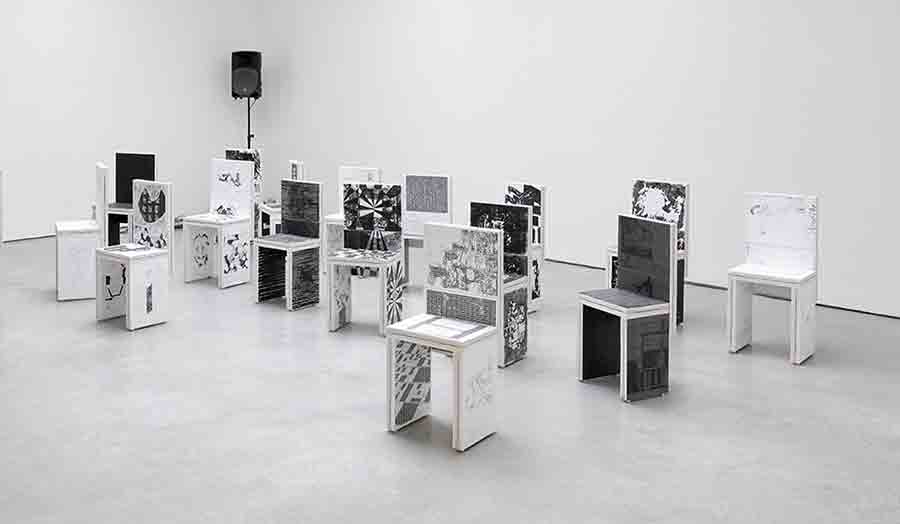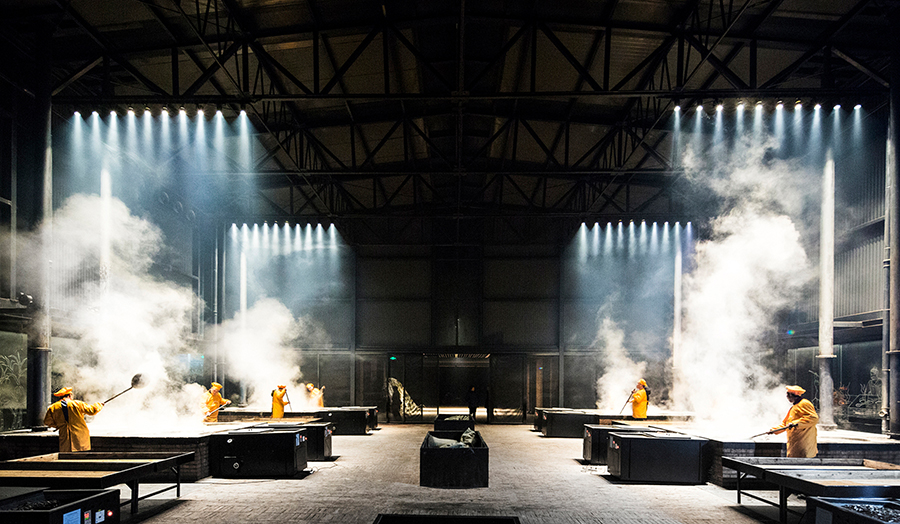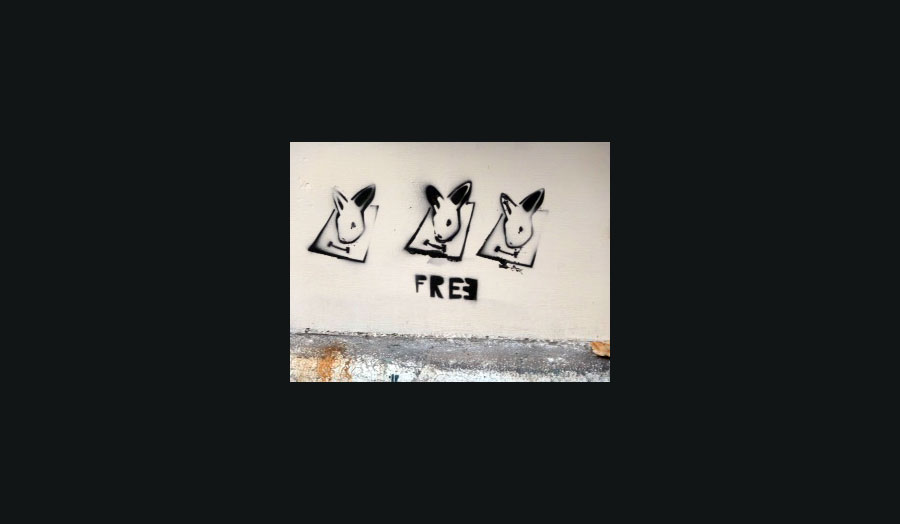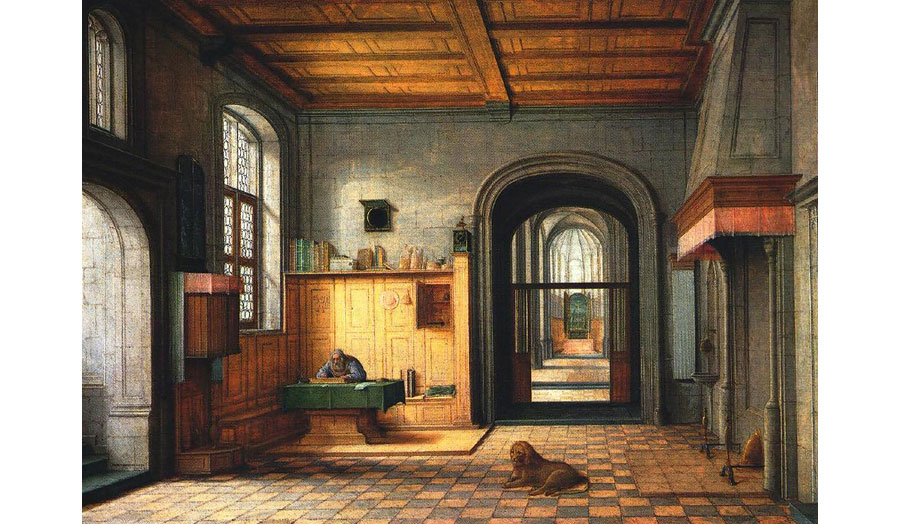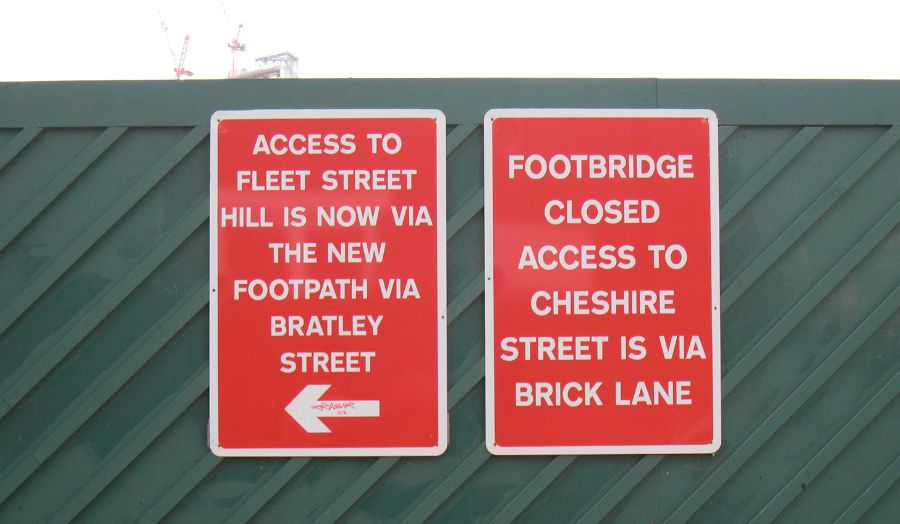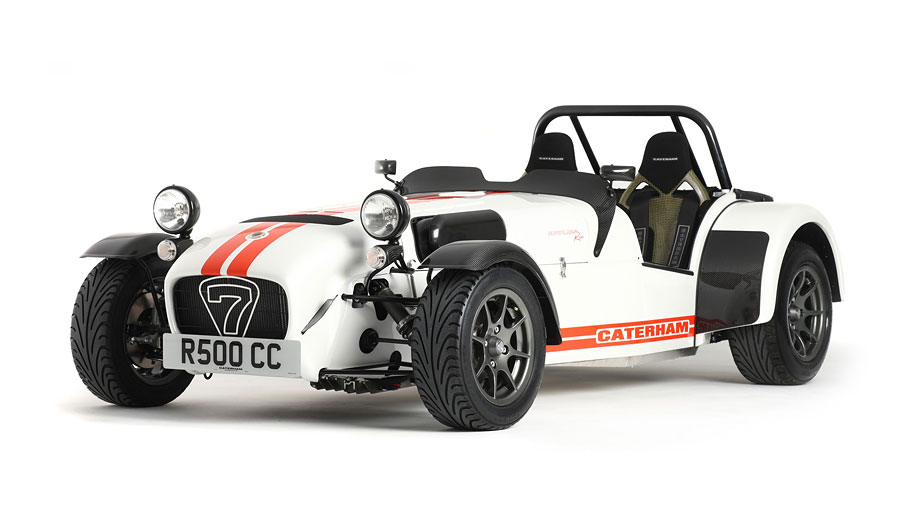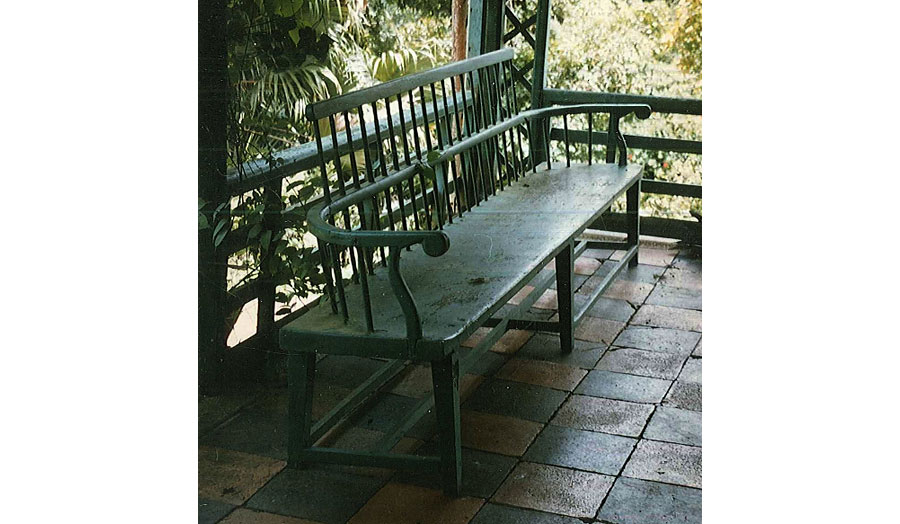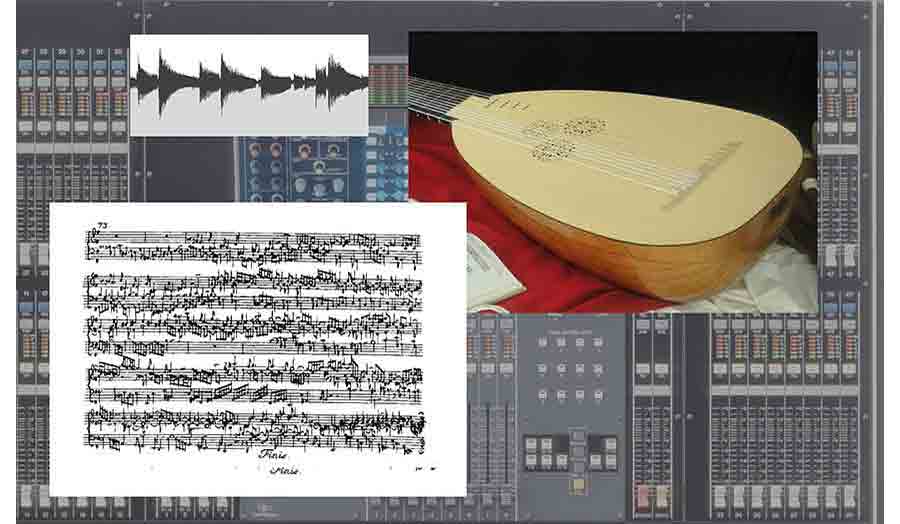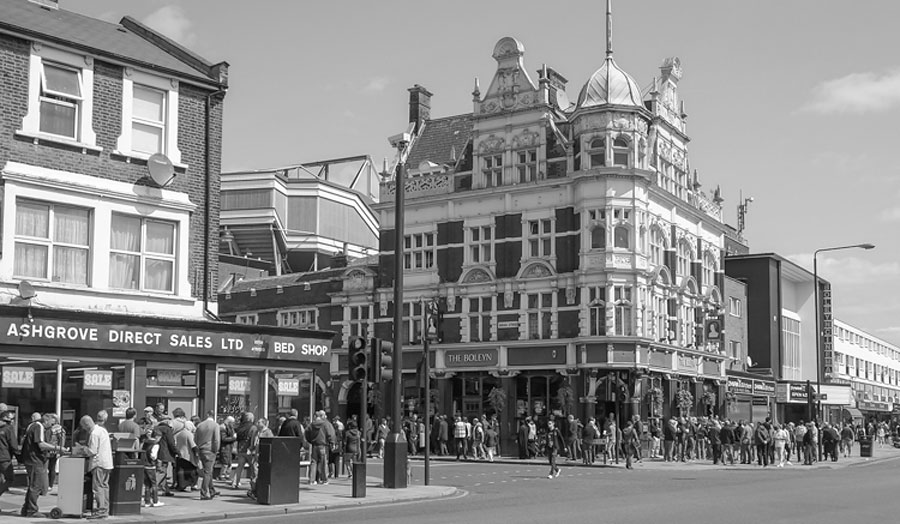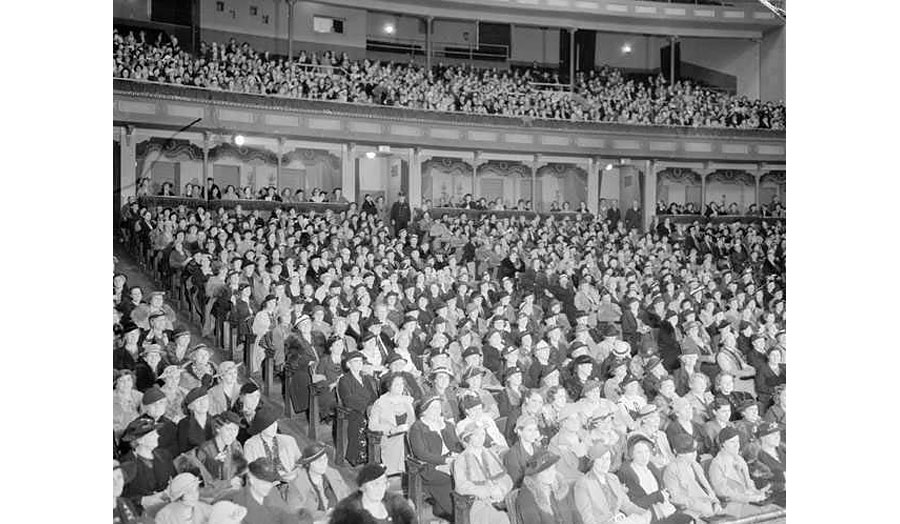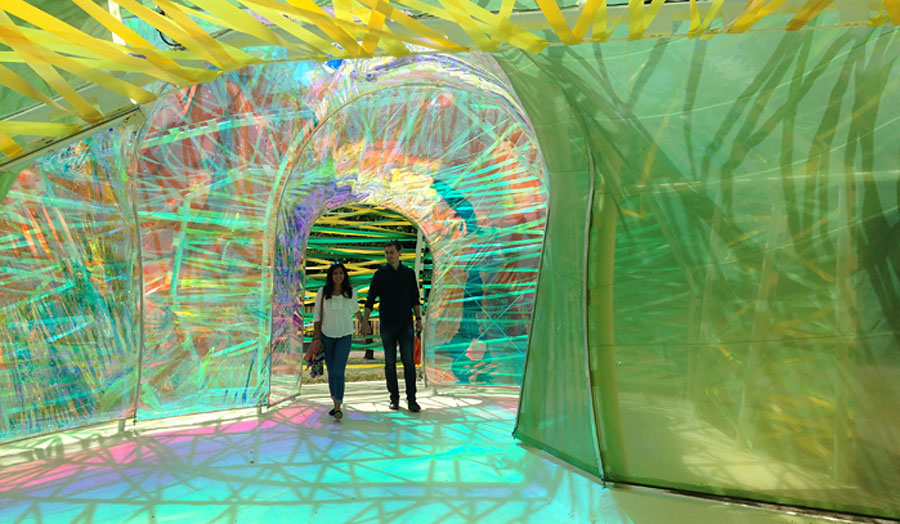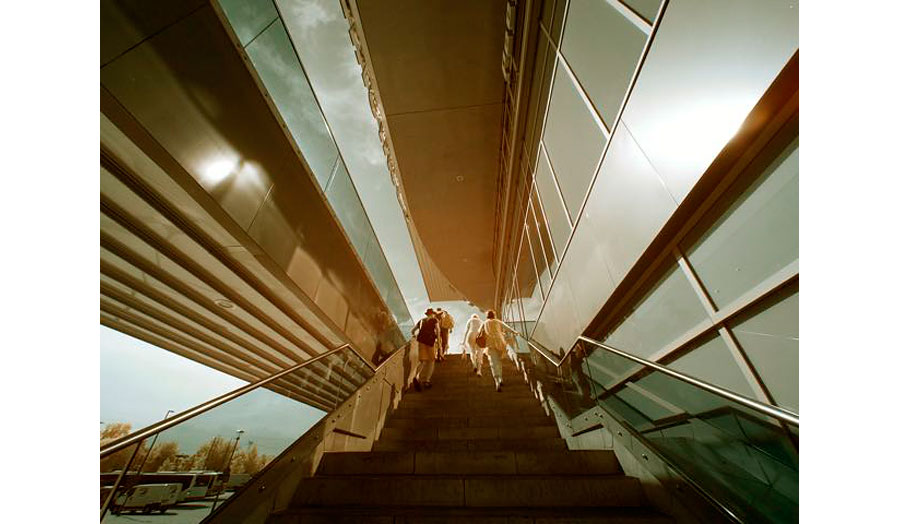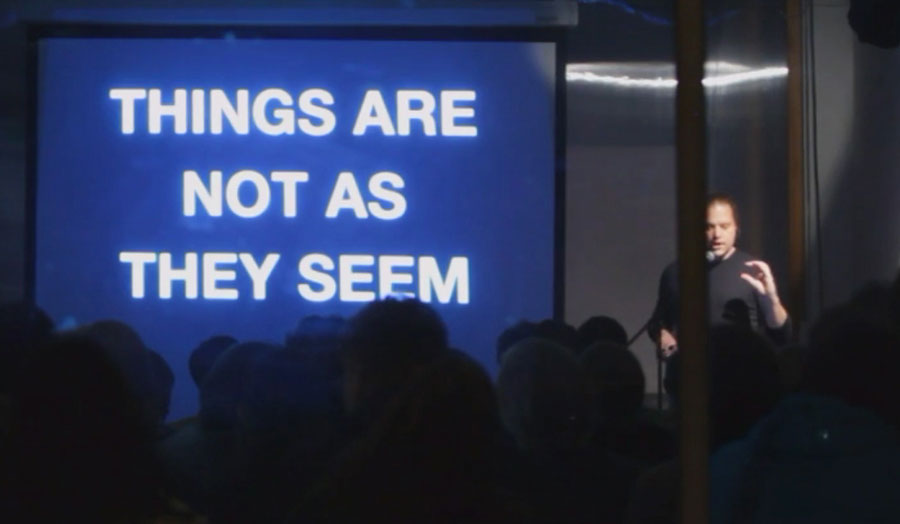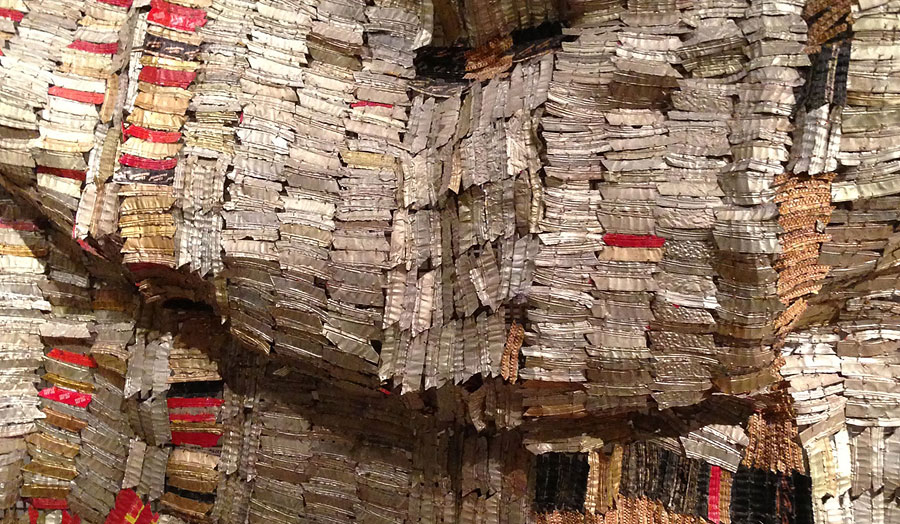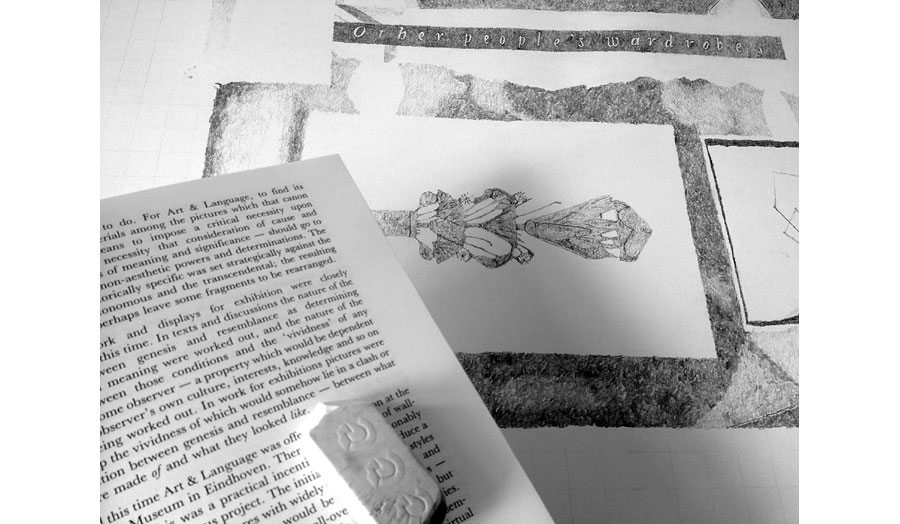Studio brief
Things make us just as much as we make things (Miller). This studio will explore a reading of objects focusing on the interplay between materials, the objects they form and their context.
We will investigate what constitutes a stimulating relationship with objects such that an audience will invest time, money and thought in acquiring them. This will involve consideration of the complex relationships between material, object and context, covering both intentional and unintentional aspects. The attributing of value will be considered as a judgement made by an audience, whether an individual or by society more broadly. This exploration will embrace the perception and experience of objects from a broad sensory perspective, how they function against intent and over time, the potential for emotional attachment, our own and other cultural perspectives and economic interests. We will also analyse object transformation from ordinary to extraordinary through transitions of time and context.
The studio will be of relevance to 3D students interested in consumer culture, and more specifically those seeking to grow audience desire for their work, whilst valuing the principle of consuming less. It will also speak to those interested in contemporary material culture, that have an interest in what such objects do and will say about us, and the times that we live in, to future generations. From a ‘me’ to a ‘we’ focus, you will have the opportunity to consider the implications of your research in relation to your design practice decisions.
Over summer:
To begin thinking about this studio in relation to your interests and to inform our debate from the start please carry out the following over the summer:
Read about:
Simmel, Georg, The Metropolis and Mental Life
And visit one of these exhibitions:
Wellcome Collection, 183 Euston Road, London
Alice Anderson: Memory Movement Memory Objects, 22 July 2015 - 18 October 2015
The Design Museum, 28 Shad Thames
London Designs of the Year 2015, 25 March 2015 - 31 March 2016
V&A Museum, South Kensington, London
What is Luxury? 25 April – 27 September
Outline the first seven weeks of study
This studio offers a choice of two forms of dissertation:
a) Conventional dissertation
Study your subject through existing objects and texts and produce a dissertation of 7,000 - 9,000 words
b) Project-based dissertation
Design, make and present an object(s) by negotiation and document this as an initial form of study identifying key qualities, issues, problems etc in relation to your chosen subject. Write a paper of 5,000 - 6,000 words analysing your approach and findings.
Weeks 1-7: In addition to introducing the formal framework of a dissertation, the first 7 weeks will model a development of a dissertation proposal, which can be varied or interpreted or even ignored, assuming you present an alternative model. A range of material/object handling sessions, object in context visits, regular readings, short pieces of writing, group work, debate and discussions, will demonstrate how what you do can produce a dissertation. These weeks will also serve to demonstrate that you are a valuable resource to each other in identifying authentic areas of interest, engaging with the dissertation process and developing confidence in setting up a range of primary research experiences. You will be sharing ideas, research, books etc and offering feedback, which it is hoped will be of great mutual benefit over the following weeks of primarily independent tutorials.
Reading list
- Chapman, Jonathan, Emotionally Durable Design: Objects, Experiences, and Empathy, (London: Earthscan, 2005)
- Karana, Elvin, Owain Pedgley, Valentina Rognoli, Materials Experience: Fundamentals of Materials and Design, (Amsterdam: Butterworth–Heinemann, 2014)
- Salminen, Justin, Trevor M. Letcher (ed.), Janet L. Scott (ed.), Materials for a Sustainable Future (Cambridge: Royal Society of Chemistry, 2012)
- Sudjic, Deyan, The Language of Things (London: Penguin, 2009)
- Turkle, Sherry, Evocative Objects: Things We Think With (Cambridge, Mass: MIT Press, 2011)
- Schwartzman, Madeline, See Yourself Sensing: Redefining Human Perception (London: Black Dog Pub, 2011)
- Dudley, Sandra (ed.), Museum Materialities: Objects, Engagements, Interpretations, (Oxon: Routledge, 2009)
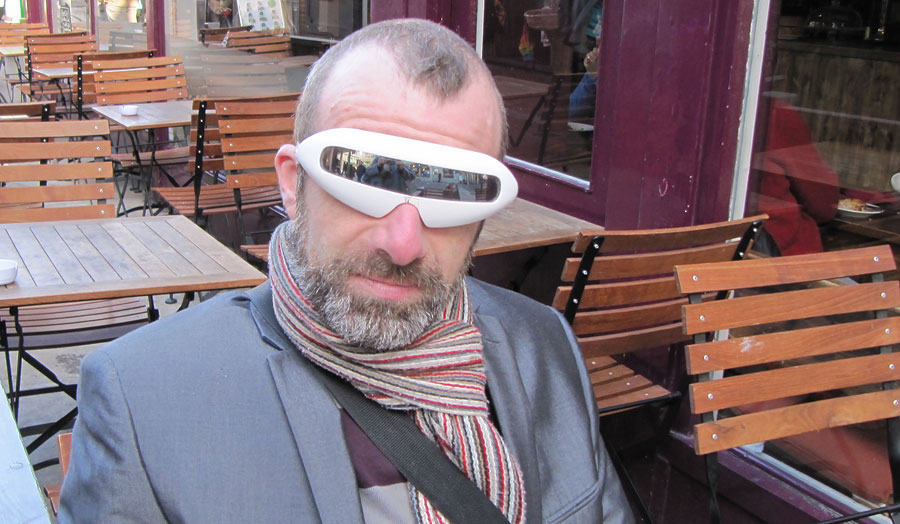
Details
| Tutor | Heidi Yeo |
|---|

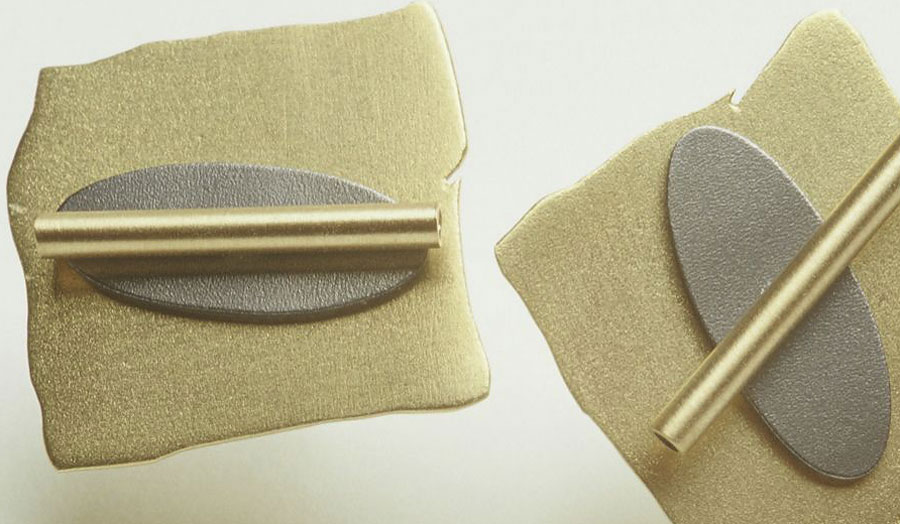
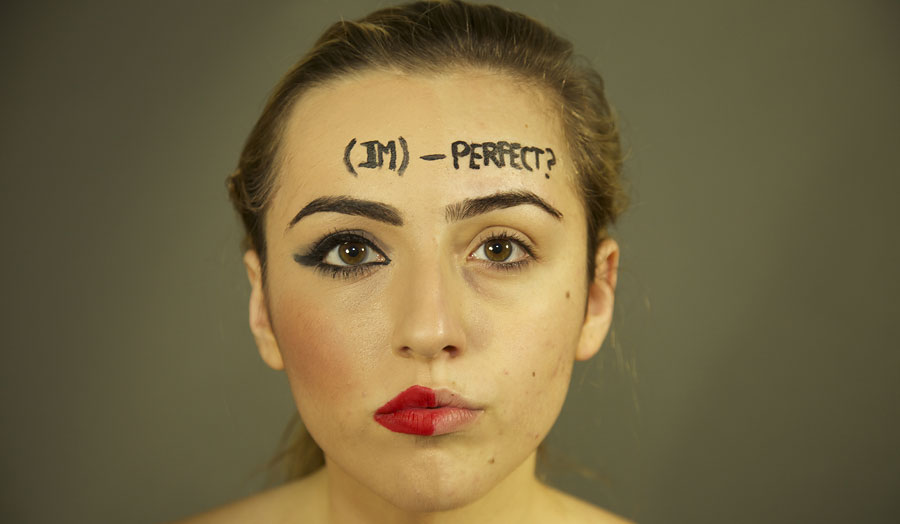

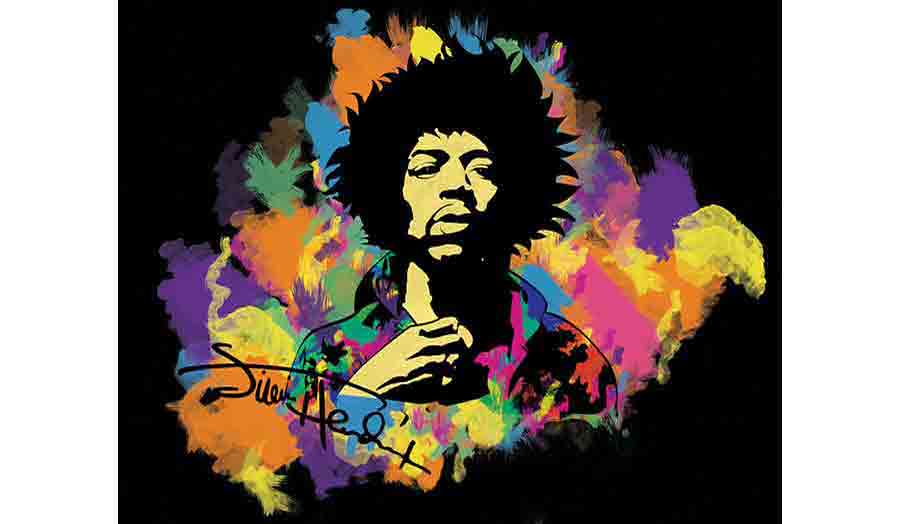
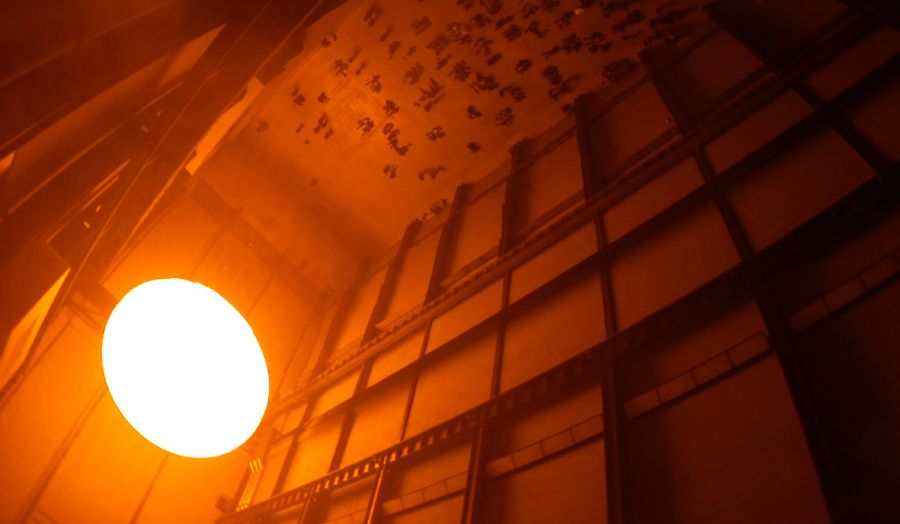
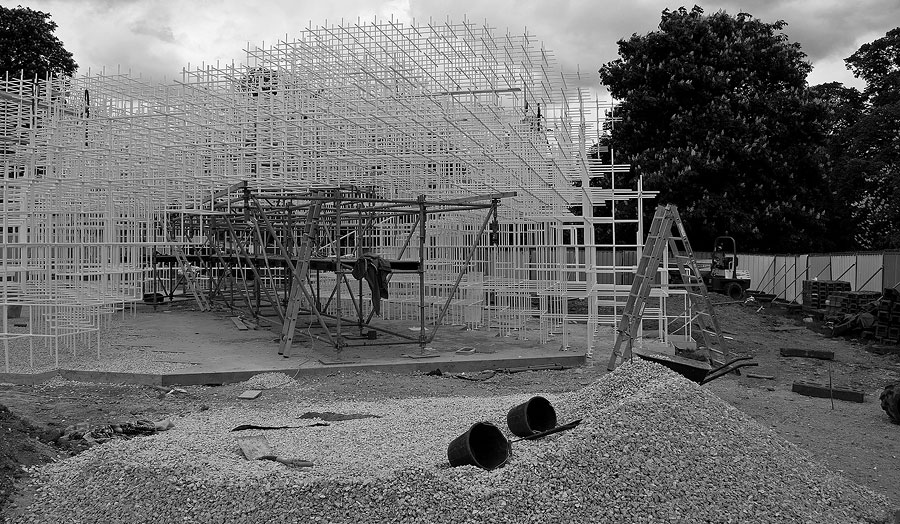
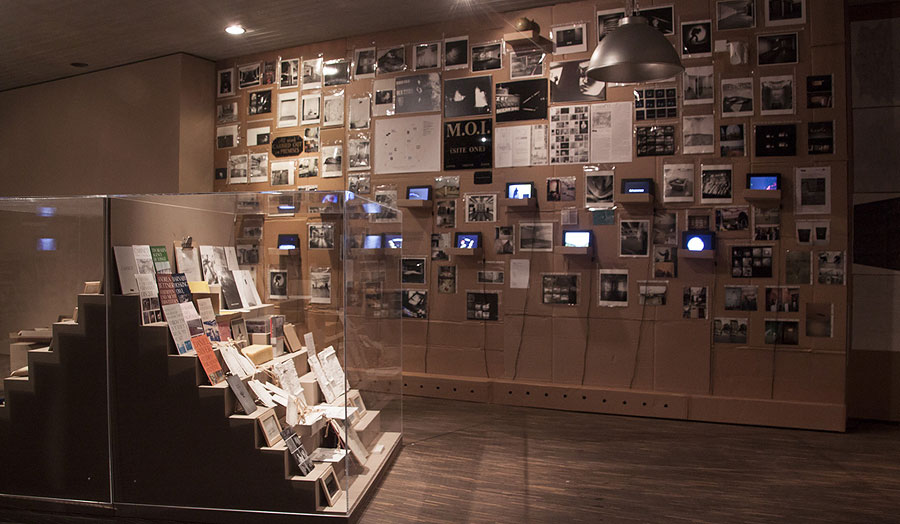
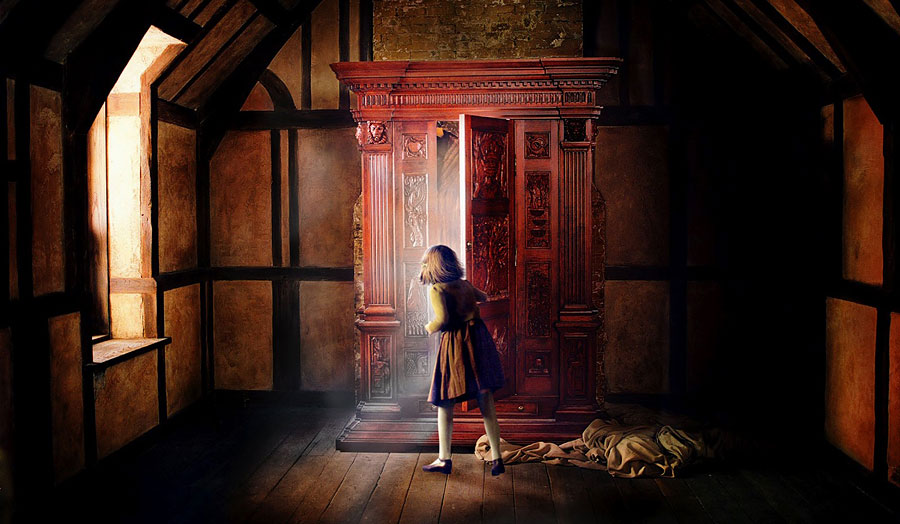

-(1).jpg)
